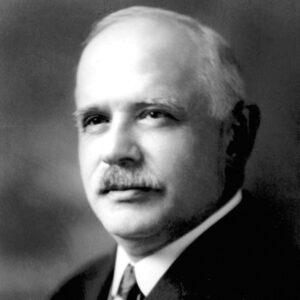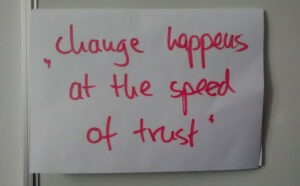
August 1, 2018; Albany Herald
The same week we hear about Facebook playing host to unknown parties trying to create chaos amongst the populace through protest-related activities, we find out that a group posing as something called the Atlanta Human Rights Foundation (which does not exist) has established multiple websites, apparently to lure people to pay for expenses associated with a nonexistent conference. Georgia Secretary of State Brian Kemp is working with the Federal Trade Commission (FTC) and Attorney General Chris Carr to identify all the sites and close them, and an emergency cease-and-desist order has been issued.
The front page of one of the websites in question shows a cheerful, diverse group meeting around a conference table. The scene is set in front of a bank of windows showing the skyline of Manhattan. Its call for papers starts with the following:
Sign up for our free newsletters
Subscribe to NPQ's newsletters to have our top stories delivered directly to your inbox.
By signing up, you agree to our privacy policy and terms of use, and to receive messages from NPQ and our partners.
The Atlanta Human Right Foundation (AHRF) base is to provide people with freedom and personal autonomy. The International Human Rights Organization is at peace with the whole world because we love everyone and care for their rights. We all are one family and we should join our hands together and help others for their rights. This in all is an expression of national and international tradition of tolerance cultures that from the basics of peace and progress
Indeed, “One of the biggest red flags was the language,” said Noula Zaharis, director of the Charities and Securities Division of the Georgia Secretary of State who calls the website very clever. “It was choppy and it was grammatically incorrect.” But it certainly has bells and whistles in the form of videos, which can be accessed under the tab “About Human Right” [sic] and which apparently have been borrowed from Human Rights Watch (which does exist and does great work) and headshots of its various leaders. Its staff listing is quite impressive, at least in size if not validity. Zaharis said the first complaint they received came from the US Embassy in Equatorial Guinea, a central African country which was receiving complaints about the solicitations.
The scam itself is reprehensible. Invitations have reportedly been issued to foreign residents and non-native English speakers to attend the “AHRF World Conference” in Atlanta. After offering to cover round-trip airfare and provide visa assistance, the group asked for payments via wire transfers to reserve a place to stay. The secretary of state suggests that this is unlikely to be the only such scam.
Indeed, this one should be relatively familiar to the FTC, which has pursued similar but not identical scams in the world of academic conferences and journals as was covered here by Erin Rubin in January of 2017.—Ruth McCambridge













